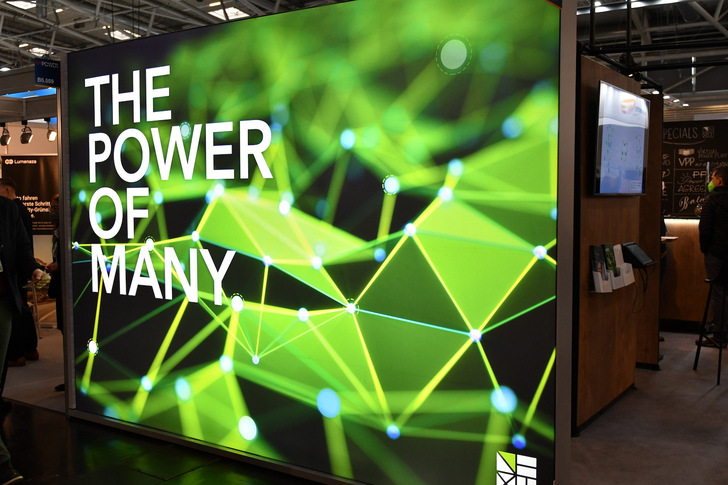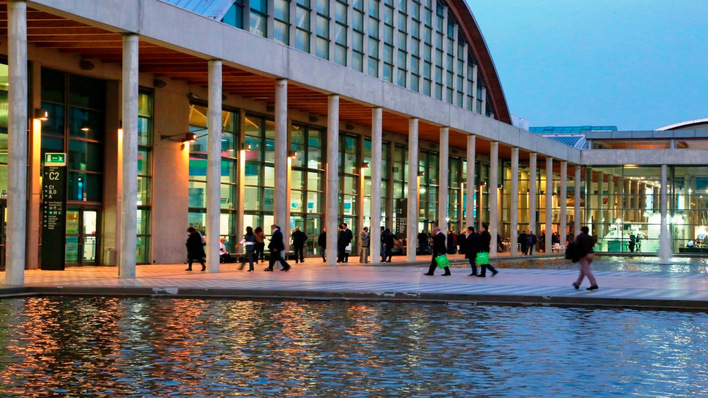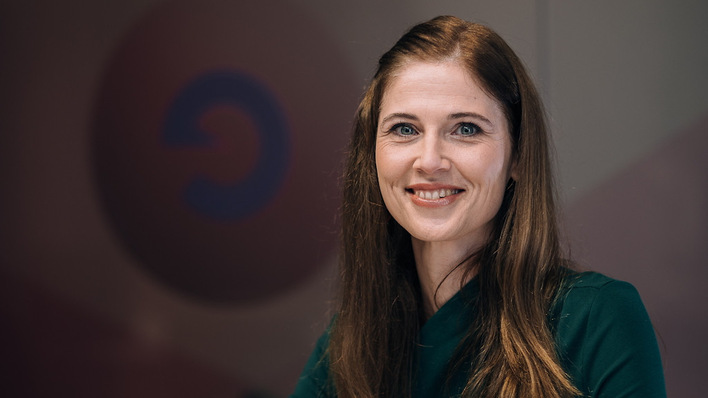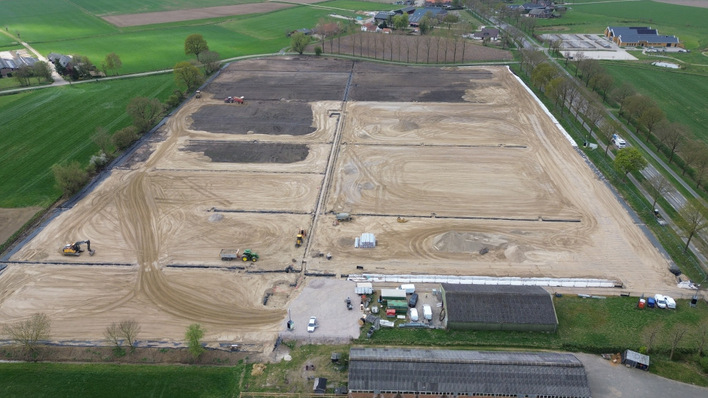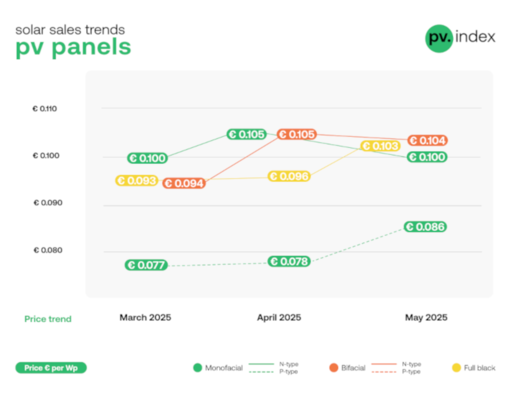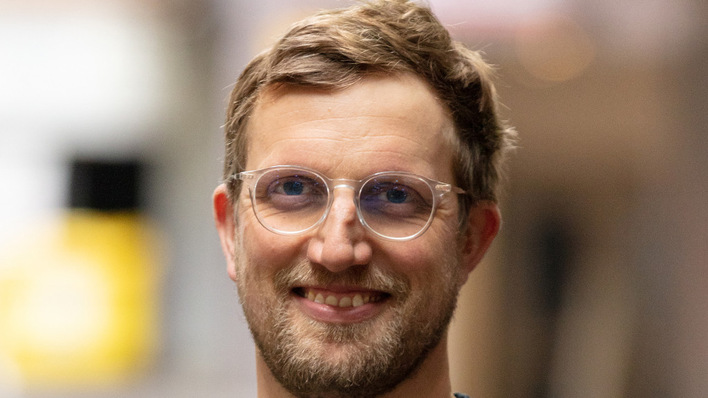Energy sharing enables regional electricity consumers (private households, municipalities and small and medium-sized enterprises/SMEs) to join together to form renewable energy communities (RECs) or a citizens' energy company (BEG) and jointly operate renewable energy plants. In this way, price reductions for citizens are linked to direct participation in the energy transition.
In addition, incentives are generated for decentralized, simultaneous consumption of renewable energies, thus relieving the electricity grids. For these reasons, the national implementation of energy sharing was already required by the European Union by mid-2021 (Art. 22 of the Renewable Energy Directive, REDII).
Germany rather lagging behind
But countries like Germany are still lagging behind in this respect. It is true that citizen-owned energy is already widespread. Around 1,000 citizen-owned energy companies have realized and are operating solar and wind power plants. So far, however, BEGs in Germany are purely generation plants. Participating citizens have so far not been able to use the electricity from their plants themselves and therefore have no incentive to align their consumption with the jointly operated plants. Thus, neither the EEG 2023 nor any other energy law so far features a provision on energy sharing.
"The energy transition is a democratic participation project. It thrives on the participation of many local, regional and supraregional actors. However, when it comes to self-supply, a large part of the population is still excluded due to the very narrow legal framework," criticizes Simone Peter, President of the German Renewable Energy Federation (BEE).
Did you miss that? Groundbreaking project for joint building supply
"So that people and communities without their own real estate and land can also help shape the energy transition and benefit from low-cost renewable energy, the German government should follow the guidelines from Brussels and comprehensively enable energy sharing in Germany. This would accelerate the energy transition and strengthen acceptance for the expansion," Peter demands.
Italy showing the way
A number of other EU member states are showing the way. In Italy, for example, energy sharing has been possible since 2020 and the Italian government implemented the requirements of the European REDII Directive at the end of 2021. The members of the energy communities must belong to the same high-voltage transformer node and the maximum system size is limited to one megawatt of power.
Grid-serving decentralized consumption is rewarded through an incentive system. For example, plant operators receive an energy sharing premium of 11 €cents for each kilowatt-hour generated and consumed within the community, in addition to the market premium. The EU has approved this under state aid law.
Renewable energy communities in Austria
In Austria, renewable energy communities have been allowed to generate, store, consume, and sell electricity, heat, or gas from renewable sources using the electricity grid since 2021. At the local level, producers and users must have a connection to the same transformer; at the regional level, they must be connected to the same substation. There are now 230 active renewable energy communities in the Alpine Republic. A central coordination office provides advice and support. Reduced grid fees act as an economic incentive for the energy communities. In the low-voltage grid, they are reduced by 57 percent, in the medium-voltage grid by between 28 and 64 percent.
Progressive legal framework in Spain, Portugal and France
A progressive legal framework for energy sharing also exists in European countries such as Spain, Portugal and France. For example, collective self-consumption has been possible in Spain since 2015. Renewable energy communities have been defined there almost verbatim since 2020 in accordance with the EU's REDII directive. All renewable projects awarded in nationwide tenders must include local citizen participation. At the regional and local level, there are a variety of programs to promote renewable energy communities.
Also interesting: EU energy transition initiatives present themselves
Portugal and France also allow for shared self-supply of renewable energy through the distribution grid. In France in rural areas up to a distance of 20 kilometers, in Portugal generation plants and consumers must be connected to the same substations. In addition, energy sharing is rewarded with reduced grid usage fees.
Call for a fixed premium per kWh consumed directly
The BEE, the Bündnis Bürgerenergie (BBE) and the Deutsche Genossenschafts- und Raiffeisenverband (DGRV), together with other partners, are now calling for energy sharing to finally be introduced in Germany. In this context, they refer to a resolution motion of the Bundestag on the EEG 2023 of July 5, 2022, which calls on the federal government to submit proposals for the introduction of energy sharing as part of the next legislative processes. In a position paper, BEE, BBE and DGRV advocate a premium model.
Citizen energy companies that want to use energy sharing should receive a fixed premium per kilowatt hour consumed directly. Direct consumption refers to the electricity that is produced in the shared facilities and simultaneously consumed decentrally within the community, thus also relieving the strain on the grids. A premium is intended to cover the increased additional business costs - at least in an initial phase - for the citizen energy companies and their external service providers, such as IT investments and the ¼ hourly real balancing of the quantities of electricity generated and supplied.
The trend topic "Energy Sharing" will be part of The smarter E Europe, which will be held under the motto "Creating a New Energy World" at Messe München from June 14 to 16, 2023. (hcn)


